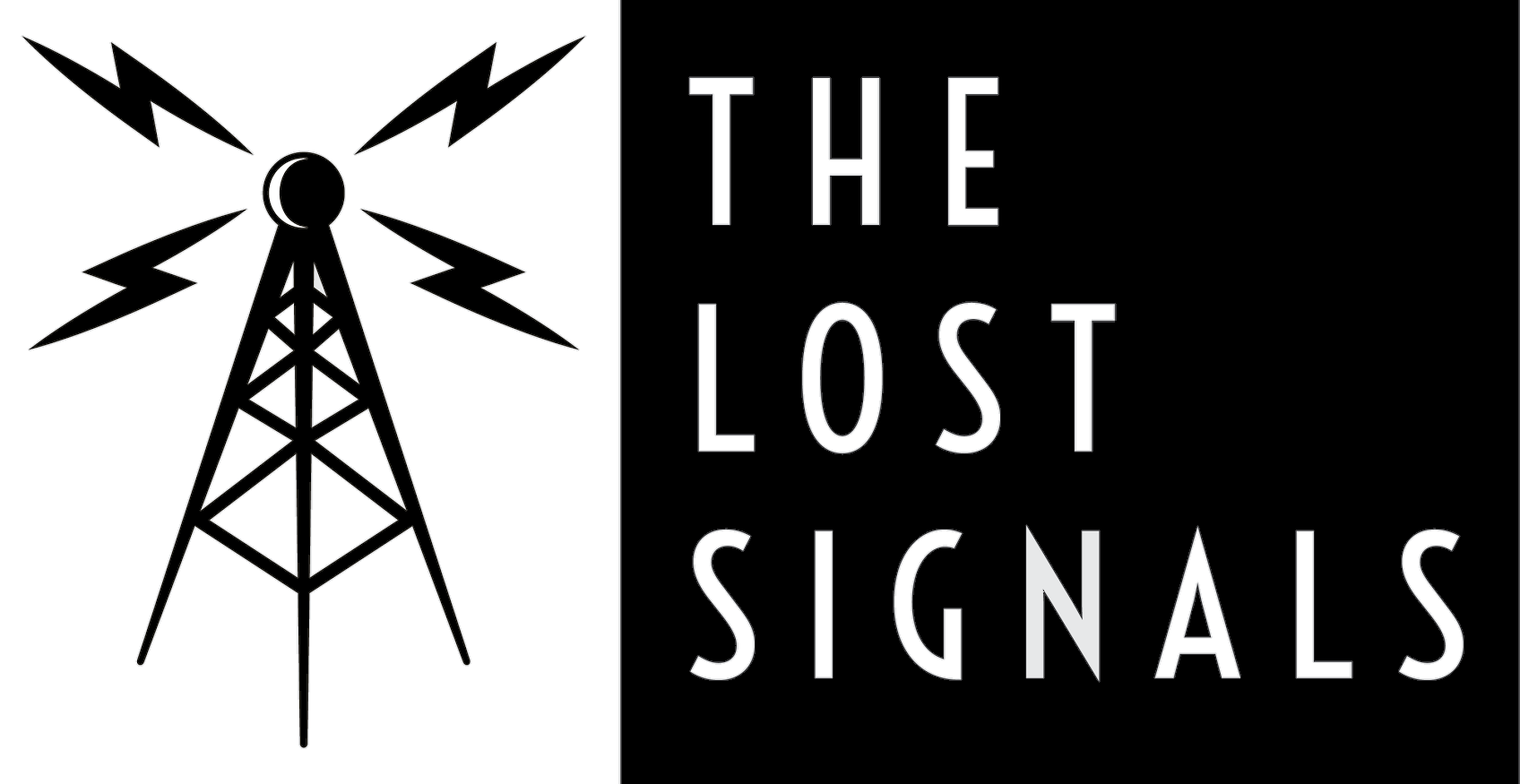There’s Something about SOMA
It was recently announced that after just over a year of release, SOMA has sold 450,000 copies. Originally released in September 2015 by Frictional Games, SOMA attempts to grapple with an ancient yet timeless slice of unsettling metaphysics, via the viewpoint of a layman encountering it for perhaps the first time. The central conceit confronts the player with the dual questions of: “What is it to exist?” and “What is the sense of self-identity that we seem to experience and how does it relate to our greater reality?” Pared down to its base form, the issue might be stated as the struggle to define who or what we really are.
While Frictional (and others to be sure—see also Ether One by White Paper Games) have touched upon variations of these themes previously, they usually did so in a much narrower, personalized focus. The most affecting elements of ‘horror’ broadly in SOMA (and to an extent Amnesia, etc.) are more on the side of a vague but pervasive existential dread that one leaves off with upon completion. It is not actually the plots themselves that are unnerving (though parts of them can be, depending on the personality of the player) but rather, I argue, it is the overall implications of the issues addressed in them that are where the true horror aspects originate and that resonate most. Oftentimes this is more forcefully experienced in retrospect, after the final credits have faded and the player has time to digest everything they’ve just witnessed and experienced.
To its credit, SOMA works to actively recognize this fact, (as the developers themselves stated was their intent) and in a large way depends upon it for its effectiveness. The trappings of a traditional survival-horror/sci-fi atmosphere in SOMA serve as a sort of arena in which the questions raised in the introduction are allowed to insidiously creep into both the main character Simon Jarrett, and player’s thoughts as the plot progresses. At times perhaps mirroring those thoughts in some of its plot elements, without over-emphasizing and thus smothering the player with them. It allows the various implications and facets of the original concerns to slowly become the main antagonist, rather than that of the bio-mechanical/Lovecraftian menace of its more traditional monsters and creatures, which in the long run are simply environmental obstacles to overcome in the same way solving the puzzles necessary to progress are.
The game aims to nudge the player into a deeper, more realized exploration of the grander concepts, while offering no hard answers, since, to the best of human knowledge, they are open (and often intensely debated) concerns. And that in itself is notable. That it is able to more subtly do this within the constraints of contemporary games, in my opinion, elevates SOMA to a higher tier within the medium as a whole.
Other games have certainly reached for similar heights, and have come close to capturing this sense. It must be mentioned that SOMA elicited a variety of comparisons to Bioshock upon release. [Polygon has an opinion piece that’s a pretty good read] And though valid, I posit that there is really only one major element they share of note and import to the medium. I don’t wish to idly compare and contrast as that would seem a disservice to both games, so allow me to simply gloss over the main resemblances: Yes, SOMA takes place largely in an abandoned/ruined underwater complex and yes, there is a sort of ‘twist’ that is perpetrated upon the player character, and ostensibly, the player themselves. And sure, some (but not all) of the creature designs in SOMA resemble Bioshock’s iconic Big Daddies. All of these amount to mostly superficial similarities. What I think is more significant about both games is their intent to confront players with an interesting if not disturbing train of thought and allow for them to absorb it within the context of their own views as well as those considerations present in the plots of each. So, whilst Bioshock asks players first and foremost what it means to possibly have free will, SOMA asks what it means to have a conscious identity (free or otherwise) in general.
It seems natural to me that one must come before the other and certainly SOMA owes a debt to Bioshock as well as a handful of other precursors before it; Rome was neither built nor destroyed in a day. But I do firmly believe SOMA thus marks an important evolution for games that are committed to integrating truly troubling issues that humanity has not, and possibly cannot ever fully reconcile. In fact in some some way featuring those issues as the true ‘star’ of its story, with all of the other elements contained within it being incidental vehicles to achieve the goal of imparting an ‘existential horror’ experience. The real monsters in SOMA are not the shambling, rusting hulks reanimated by the WAU in PATHOS-II any more than Fontaine or Ryan are the real villains in Rapture. Rather, the impact comes from the haunting questions that one is forced to face when reflecting on the nature of oneself as a whole. Beyond struggling with whether one is indeed a man or a slave, one must then ask what it means to be able to ask that question at all. This is the strength of SOMA, and given the sales numbers it’s now achieved, hopefully is a sign that further notice and attention will be paid to it as a guideline for incorporating such thorny topics within games in the future.
-Scott Thurlow









Recent Comments